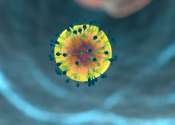Study unveils new clonal relations in the mouse brain
The human brain and the brain of other mammals contain numerous populations of specialized cells with unique functions, molecular structures and characteristics. These cells originate from a thin layer of neuroepithelial ...









